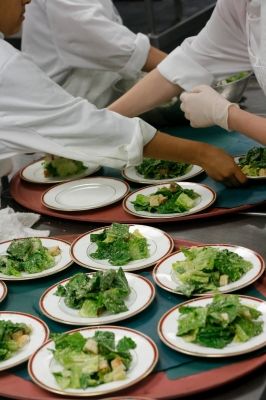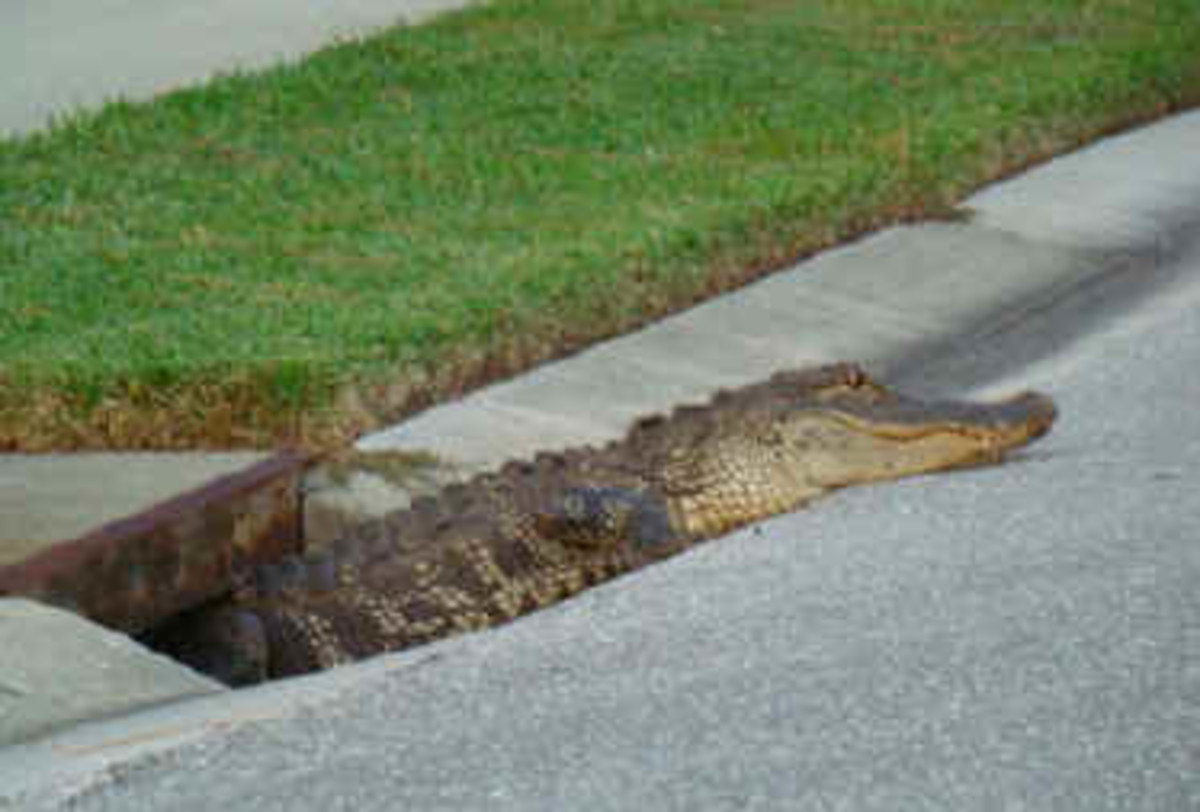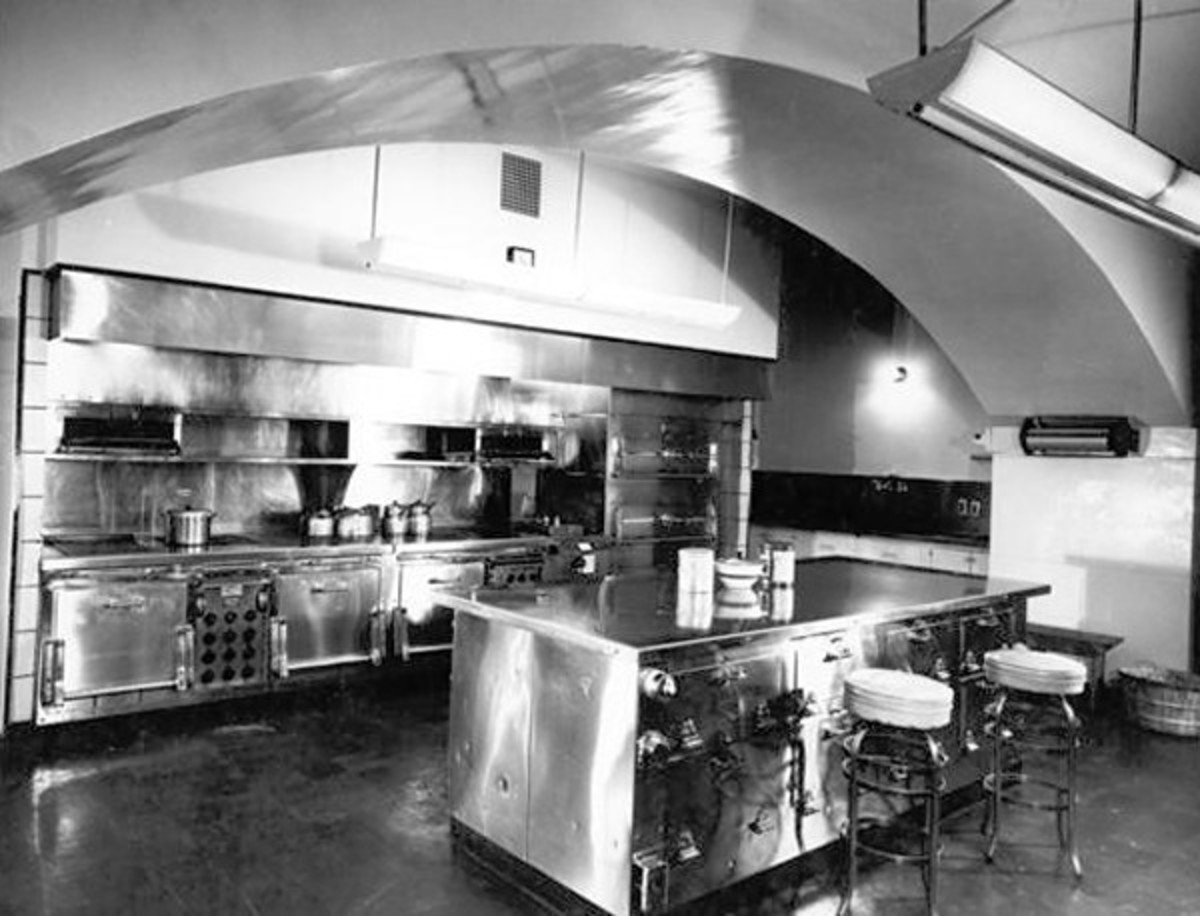Chef Career Information - Culinary Schools in San Diego, California
Chefs working

Culinary Schools for Chefs
There are many reasons people decide to enter a culinary school to begin a career as a chef, in San Diego California, as well as every other part of the nation. Obviously, it appeals to those who have a passion for food and cooking.
Although the working conditions can be tough, working in close quarters with others, the heat of ovens, grills and other culinary equipment. The work will usually involve nights, weekends and holidays, unless the chef is perhaps a personal chef for someone. There are benefits to being a chef, besides the pay including:
· Freedom to exercise great creativity
· Option to eat fabulous food
· Boss of the kitchen and staff
· Respect from others
· Possibility of fame and great career growth opportunity
Based upon my research of chef’s wages for San Diego, California I found a very wide range of salary data, anywhere from $20,000 - $45,000 annually, seemed to be the average. However, some sources claimed much higher salaries than that as well. Most likely one of the main factors for such a large range is the many different levels of chef career opportunities that exist.
What types of chefs are there?
This is not an exhaustive list of the various types of chef there are, but it includes some of the more well known.
Research Chef – works many times for large companies researching food to be offered on a large scale basis.
Commis- individuals who work at an entry-level position, and typically do the work of an assistant or an apprentice.
Pastry Chef – specialize in making pastries, which includes any type of baked goods and confections. They may love the creativity involved in working with fondants as well.
Saucier - Saucier or "Section Chefs" are individuals whose specialty is creating fabulous sauces for many types of foods.
Sous Chef - is second in command of a kitchen, and is typically the chef who does most of the cooking. The head chef oversees the kitchen; it is the Sous Chef that will typically do most of the hands-on creating.
Executive Chef - will plan and manage the various aspects of a restaurant, and works to ensure the quality of food. They supervise the various chefs in the kitchen and are usually in charge managing including recruitment and hiring.
Garde Manager - are specialized cooks that focus on the creation and preparation of cold foods, such as salads, pates, and canapés.
Personal Chef - are individuals who work in the home of a family or a celebrity.
Educational Requirements – Culinary Schools
Many people who ultimately pursue careers as a chef worked in the food industry during their teens. Some get training through their high schools, post high school vocational programs, or 2-4 year colleges.
Chefs may also turn to apprenticeship programs offered by culinary schools and institutes, industry associations, trade unions and some hotels that offer their own training programs.
Whichever route a person chooses to go, they will have the best opportunities in the industry as they obtain a culinary arts degree from a school. There are many good culinary schools located in San Diego to choose from. Research each to find which one is the best fit for your needs and goals.
The time it takes to complete courses from culinary schools in San Diego and elsewhere, range from 6 months to 2 years or more. In addition, many years of experience in the field will need to be worked, before one is a fully qualified chef.
Skill Gaps Facing California Employers
According to the California Labor Market and Economic Analysis 2009 report, there are skill gaps facing California employers of most occupations. The more a person can rise to meet these gaps, including chefs, the more job security that individual will most likely find. These skill gaps are:
· Active listening skills – being fully present to hear what others are saying, taking time to really understand where they’re coming from, asking good questions to clarify, and not interrupting. Being a good listener, these are skills that can be learned.
· Coordination – will be vital in a chef’s career while working in small areas at times with several others.
· Critical thinking – using logic and reasoning skills to problem solve, sometimes creatively thinking outside the box.
· Instructing – being able to teach others.
· Learning strategies – using training and instructional methods appropriate to the situation to gain new knowledge.
· Judgment and decision making – to have a sound sense of judgment and be able to make logical decisions based on data given.
· Mathematics – having the skills to perform mathematical problems.
· Reading comprehension – understanding written sentences and paragraphs.
· Social perceptiveness – able to work well with others, and being aware of their reactions, and a basic understanding to why they are reacting as they do.
· Speaking - talking and communicating in an effective manner. The ability to communicate in English is explicitly stated or inferred.
· Time management – effective use of one’s time, and consideration of the time of others.
Some of these skills may be second nature, some a person may be to work on. Many times we can’t judge accurately on these areas in ourselves. Ask a supportive friend or family member who will give you honest feedback, on each of these areas. In the weakest areas, do some study and practice to improve. Any major failings in these areas can be a cause for job loss, limit opportunities or advancement, in any career.
What’s Special about San Diego, California?
San Diego is a city rich with cultural diversity, festivals and amazing restaurants, many of which are staffed by graduates of culinary schools in the San Diego area.
There are several wonderful museums in San Diego to visit, a Sea Chantey Festival, a Jewish film festival, Sea World, concerts, hotels and shopping galore. San Diego is a great place to travel for a vacation, or to simply enjoy all it has to offer its local residents.









